Newcomers to this ongoing Ring cycle would be wrong to imagine that a series of semi-staged concert performances represent a downsizing, a half-hearted stab at Wagner production. The decision to perform the operas in Leeds’s vast Town Hall was made in part for practical reasons, namely that the Grand Theatre’s orchestra pit is too small to accommodate the large forces required. One or two minor niggles aside, Opera North’s approach has been a consistent triumph.
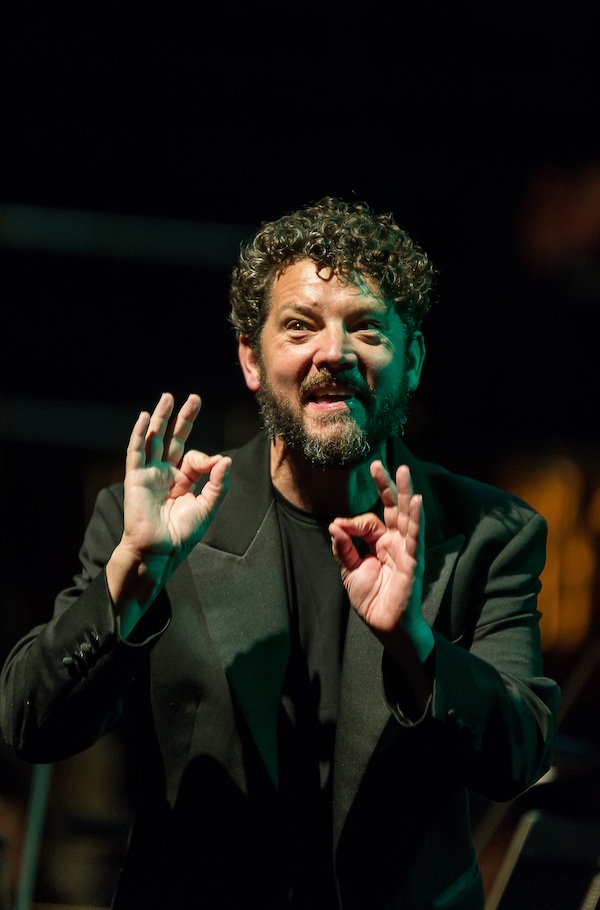 The physical impact of Wagner’s gargantuan orchestra operating at full stretch in plain sight is startling. The players are beaming. Miraculously, balance problems never seem to arise, despite the alarmingly high volume levels. And I’d far rather have Peter Mumford’s elegant, unobtrusive video projections than an obtuse, financially challenged stage production. For Siegfried we get flickering flames, dark, glowing reds and oranges, nicely opposed to the vibrant greens and yellows of the forest scenes. The one miscalculation is a cheesy realisation of the sword Nothung, unnecessary when its appearance has been spelt out so clearly through Wagner's music.
The physical impact of Wagner’s gargantuan orchestra operating at full stretch in plain sight is startling. The players are beaming. Miraculously, balance problems never seem to arise, despite the alarmingly high volume levels. And I’d far rather have Peter Mumford’s elegant, unobtrusive video projections than an obtuse, financially challenged stage production. For Siegfried we get flickering flames, dark, glowing reds and oranges, nicely opposed to the vibrant greens and yellows of the forest scenes. The one miscalculation is a cheesy realisation of the sword Nothung, unnecessary when its appearance has been spelt out so clearly through Wagner's music.
Costumes are similarly low key. Michael Druiett’s Wanderer is immaculately dressed in overcoat and hat, and Mats Almgren’s delicious, smartly-suited Fafner signals his demise by slowly removing his red silk tie. Mati Turi’s Siegfried sports a rather alarming tabard, which can make him look a little like Fred Flintstone. Which ceases to be a problem once he opens his mouth, as he sings superbly. Turi’s physical size gives him just the right aggressive edge; he’s not a conventional hero in the first act but a confused, petulant and naïve adolescent. There’s a hint of Steptoe-style black comedy in Turi's exchanges with Richard Roberts’s slippery Mime (pictured above right), the characters interdependent but full of mutual loathing. Druiett is marvellous, fatigue and disappointment conveyed in every heavy footstep and shoulder shrug. Jo Pohlheim's lantern-jawed Alberich oozes menace.
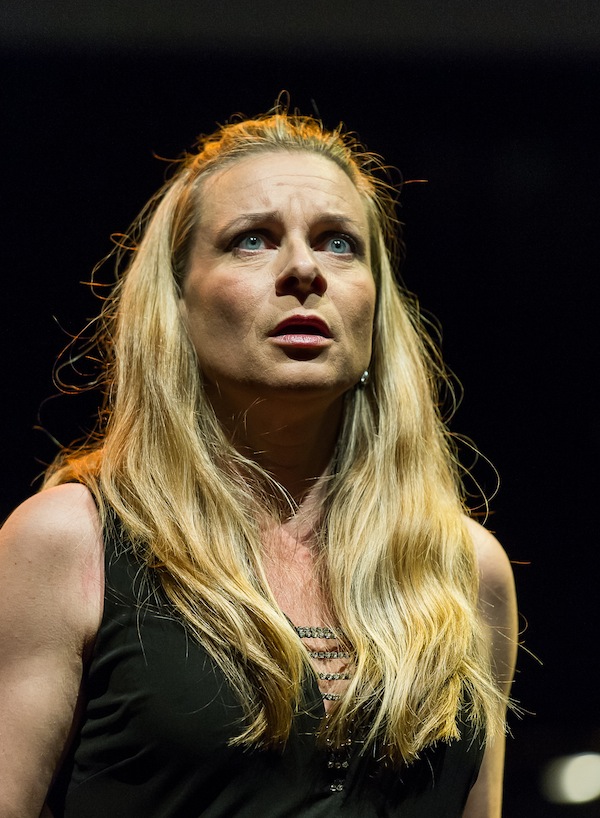 There’s amusement to be had when Siegfried attempts to charm the Woodbird (a fresh-sounding Fflur Wyn, perched mischievously behind the bassoons) with a reed pipe, the mood changing abruptly when the famous horn call inadvertently summons the dragon. There’s an overabundance of testosterone swilling around, and it’s a relief to hear Ceri Williams’s weary Erda make her entrance at the start of the third act. Annalena Persson’s Brünnhilde (pictured left) conveys strength as well as humanity, and the long, closing scene closes ecstatically.
There’s amusement to be had when Siegfried attempts to charm the Woodbird (a fresh-sounding Fflur Wyn, perched mischievously behind the bassoons) with a reed pipe, the mood changing abruptly when the famous horn call inadvertently summons the dragon. There’s an overabundance of testosterone swilling around, and it’s a relief to hear Ceri Williams’s weary Erda make her entrance at the start of the third act. Annalena Persson’s Brünnhilde (pictured left) conveys strength as well as humanity, and the long, closing scene closes ecstatically.
It’s all magnificent. The playing is world class. Richard Farnes judges the score’s enormous span perfectly, and has the measure of the music’s faster passages, rhythms kept taut and punchy. You lose count of the tiny details which spring to life, such as faint drum rolls and imperceptible chromatic bassoon figures which prefigure Stravinsky’s Firebird. And listen out for Farnes’s extraordinary handling of the unison violin melody heard shortly before Brünnhilde sings. For a few transcendent minutes it’s as if time stands still; all sense of harmony and movement frozen.
- Opera North's Siegfried is on at Leeds Town Hall on June 19th and July 13th. The production also tours to Birmingham, Salford and Gateshead

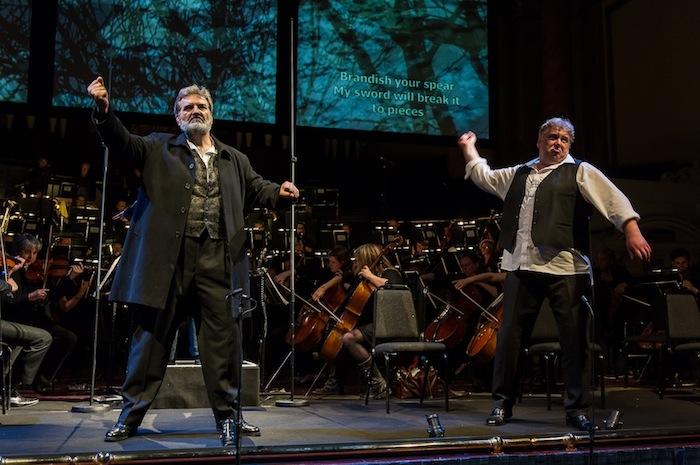









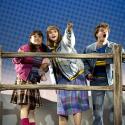
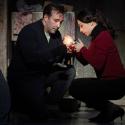
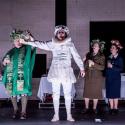
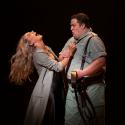
Add comment